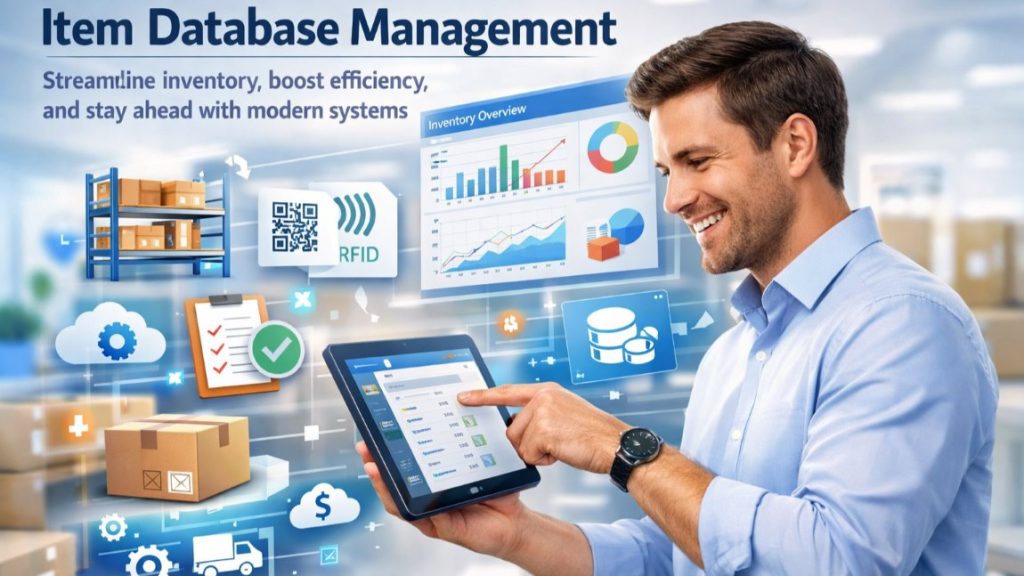When you examine how digital systems are revolutionizing business operations, you can't help but wonder what it was like relying on manual processes. Every business owner wants to forget that
When you examine how digital systems are revolutionizing business operations, you can't help but wonder what it was like relying on manual processes. Every business owner wants to forget that era, when errors were common, customers often complained about delays, and some monotonous activities overwhelmed the team.
One of the technologies that enables business owners to forget that era is Robotic Process Automation (RPA). The discussion below focuses on this software, highlighting how it enhances digital business systems.
The Role of RPA in a Digital Business System

RPA has a crucial role in digital transformation for the following reasons:
Eliminates Errors
Data errors may arise as the team undertakes manual processes in a digital system. They may also be under pressure to complete the tasks or may have to juggle several platforms, which can increase inefficiency when fatigue sets in. The impact can be significant. For instance, imagine sending financial reports with typos or incorrect data entries to stakeholders.
It calls for a solution that suits digital operations, and RPA software can serve the purpose. Distractions and fatigue do not affect bots. As such, they work as programmed, unlike humans, who may become inconsistent when the workload increases. The software also collects high-quality data based on predefined rules, unlike a manual process that may not collect all necessary information if an employee forgets the rules.
Increases Operational Efficiency
A task with multiple steps takes human workers a longer time. For instance, processing an order starts with opening an email to read the order details. Next, the human worker extracts order information, checks if the item is available in inventory, and generates an invoice. Several other steps take place before they can send an order confirmation. The whole process can delay order delivery, especially when order volume increases.
However, when you introduce RPA to such digital operations, the process takes place in seconds. The predefined rules automate all activities end-to-end. Additionally, RPA eliminates backlogs and speeds up delivery timelines.
Reduces Operating Costs
As we have mentioned, one of the effects of slow operations is backlog. As such, a business can attempt to clear the backlog by hiring more workers, which increases salaries and training costs. In a supply business, backlog also means higher warehousing costs. You can streamline operational costs using RPA.
Unlike human workers who require breaks, this system can run day or night. Thus, you can still receive and process orders even on weekends. Additionally, you save on overtime allowances for humans working outside business hours.
Improves Compliance and Audit Readiness
The digital business environment requires careful handling of sensitive information. Thus, there are strict regulations on sensitive information across industries. For instance, an industry may dictate how a business stores financial transaction data, such as credit card details. The rules may also control access to customer data.
A business who doesn’t abide with these rules can incur a fine or face legal action. For instance, if the software requires customer identity verification before approving a transaction. As RPA bots follow predefined rules, it becomes impossible to skip that step. Whereas manual processes increase this risk as a worker can forget to document a critical action or miss one of the compliance steps. The logs become evidence if there is a need to verify compliance with authorities.
Boosts Employee Productivity
Some repetitive tasks consume a lot of time. For instance, it may take hours or days for an employee to transfer customer information from emails to spreadsheets. Additionally, critical thinking is not a priority in such tasks, which means the full potential of employees remains unclear.
Thus, let RPA handle all repetitive tasks and employees prioritize critical thinking, such as strategies to increase sales or enhance the customer experience. It makes them feel more engaged in the business process.
Enables Seamless System Integration
A digital business uses different platforms for different operations. For instance, it can rely on a CRM to store customer data, while the inventory is in an ERP system. Additionally, employee data can be in HR software. Ensuring these systems communicate can be costly. It can also be a time-consuming process.
However, when you bring RPA into the picture, you can integrate all systems. The seamless process mimics human actions. For instance, if you are in an e-commerce business, RPA can pull customer sales information from a CRM into the accounting platform. Next, it can update sales records to reflect this sale. This integration takes place faster and more accurately.
Enhances Customer Experience
Traditional business processes can impact the customer experience. For instance, the duration between order confirmation and delivery defines your reliability. A frustrated customer may even cancel the order when there is a delay.
Additionally, if the team fails to capture the correct order data, a customer may receive the wrong product. The manual confirmation process can also fail, such as when a team has a large workload. In contrast, RPA retrieves data and responds to queries fast. Such a great experience can increase revenue and boost loyalty. It can also become a competitive advantage.
Scales Quickly with Business Growth
An effective digital business system can adapt as a business grows. If you grow through manually, it will mean hiring and training more staff to respond to sales growth. However, with RPA, you can expand or clone bots as the workload increases. It also prepares your business for changes in the digital business world, such as artificial intelligence (AI). For instance, since the software cleans and stores organized data, you can train your AI platform.
Conclusion
You can enhance a digital business system through automation for several reasons. For instance, when an organization uses RPA, it eliminates repetitive tasks that consume employee time. It allows them to focus on key decision making and business activities that require human input. Furthermore, automation integrates all systems crucial for seamless business operations, such as the CRM and inventory systems. It also influences the customer experience as it speeds up processes like replying to queries on time.
Respond to this article with emojis






